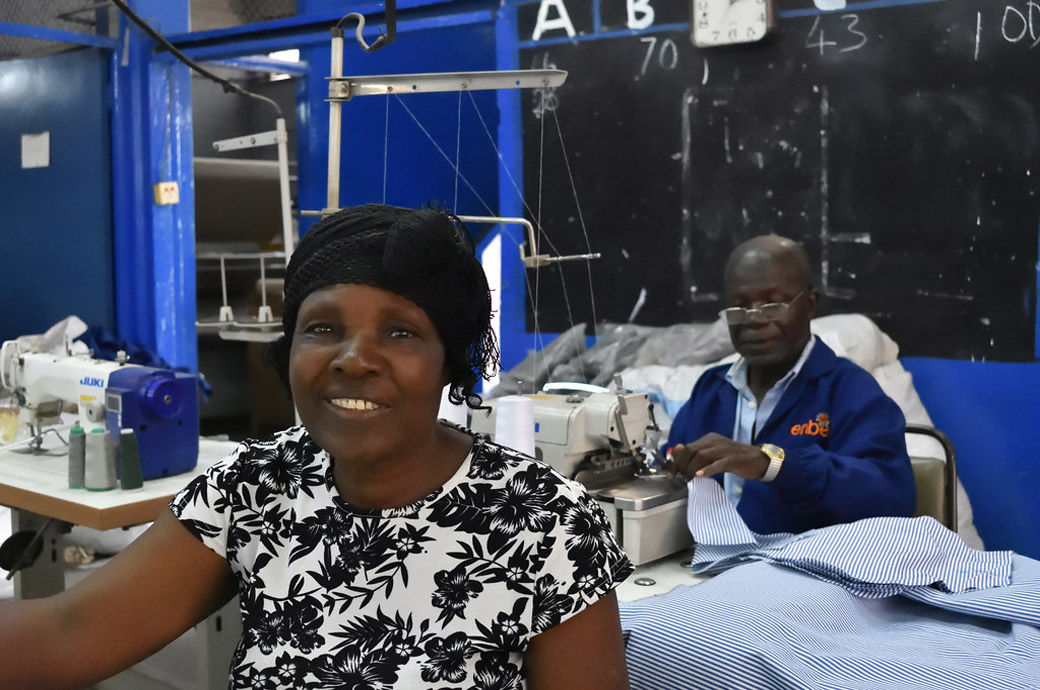
The National Union of the Clothing Industry (NUCI), affiliated with IndustriALL Global Union, credits its member retention to an organising strategy focused on improved industrial relations and collective bargaining. However, the union continues to advocate for living wages and better working conditions. Currently, garment workers earn a minimum wage of $180, as set by the sectoral collective bargaining agreement, while the union is campaigning for living wages exceeding $250.
“The union continues to provide services to its members even under the unfavourable economic environment. At policy level, we continue to engage the government and municipalities on the revival of the textile and garment industry through local procurement and sourcing policies that create local jobs. We are optimistic that with appropriate policy interventions the garment industries will be revived,” said Joseph Tanyanyiwa, the National Union of the Clothing Industry, general secretary, adding that despite the dire economic situation, there are glimmers of hope for the industry.
“We commend the resilience of trade unions in Zimbabwe’s textile and garment industry who are organizing under tough conditions amid cost-of-living and economic crises. This underscores the importance of union commitment to always servicing members,” said Paule France Ndessomin, IndustriALL regional secretary for Sub Saharan Africa.
Other Zimbabwean IndustriALL affiliates that organise in the textile, garment, shoe, and leather sectors are the Zimbabwe Textile Workers Union and the Zimbabwe Leather, Shoe, and Allied Workers Union.
Fibre2Fashion News Desk (RR)